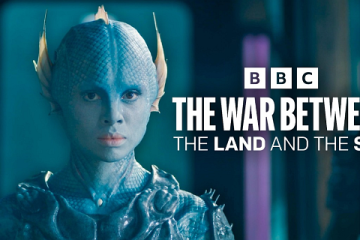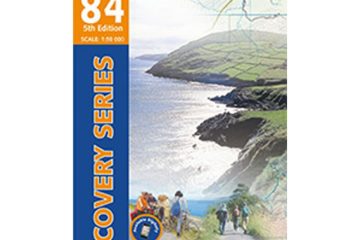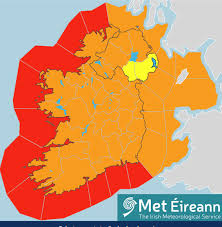The Importance of Wildlife and Current Conservation Efforts

Introduction: The Crucial Role of Wildlife
Wildlife plays an essential role in maintaining ecological balance and supporting biodiversity. As various species face unprecedented threats from habitat loss, climate change, and poaching, the emphasis on wildlife conservation has never been more critical. This article explores the current situation regarding wildlife, recent events, and the implications for both nature and humanity.
Current Wildlife Challenges
Recent studies indicate that nearly one million species are at risk of extinction within the next few decades, as highlighted in the latest report by the United Nations. Habitat destruction, driven by agriculture, urban development, and logging, is significantly impacting wildlife populations. Additionally, the illegal wildlife trade continues to pose a severe threat, with trafficking of species such as elephants and rhinos escalating despite global conservation efforts.
Global Conservation Initiatives
In response to the alarming decline in wildlife, many countries are stepping up their conservation initiatives. The World Wildlife Fund (WWF) has launched campaigns aimed at protecting critical habitats and improving anti-poaching efforts. For instance, the African elephant was recently classified as a critically endangered species, prompting renewed conservation measures across the continent. Furthermore, the rewilding movement has gained traction, aiming to restore ecosystems by reintroducing native species and allowing nature to reclaim areas previously dominated by human activity.
The Role of Community Involvement
Local communities are increasingly being recognised for their invaluable contribution to wildlife conservation. By involving indigenous populations, conservation projects can leverage traditional knowledge while providing economic incentives that promote sustainable practices. Community-based initiatives have proven effective in places like Kenya, where local wildlife conservancies have helped in uplifting local economies while preserving wildlife.
Conclusion: A Call to Action for Readers
The preservation of wildlife is a shared responsibility that requires collective action from individuals, governments, and organisations around the globe. As we face a biodiversity crisis, the importance of wildlife conservation cannot be overstated. Not only do healthy ecosystems support our environment, but they also contribute to human wellbeing. Readers are encouraged to engage in conservation efforts by supporting wildlife organisations, advocating for policies that protect habitats, and raising awareness about the significance of biodiversity. Through collaboration, we can hope to create a sustainable future where wildlife thrives alongside humanity.









